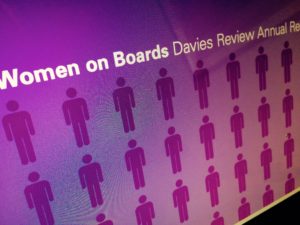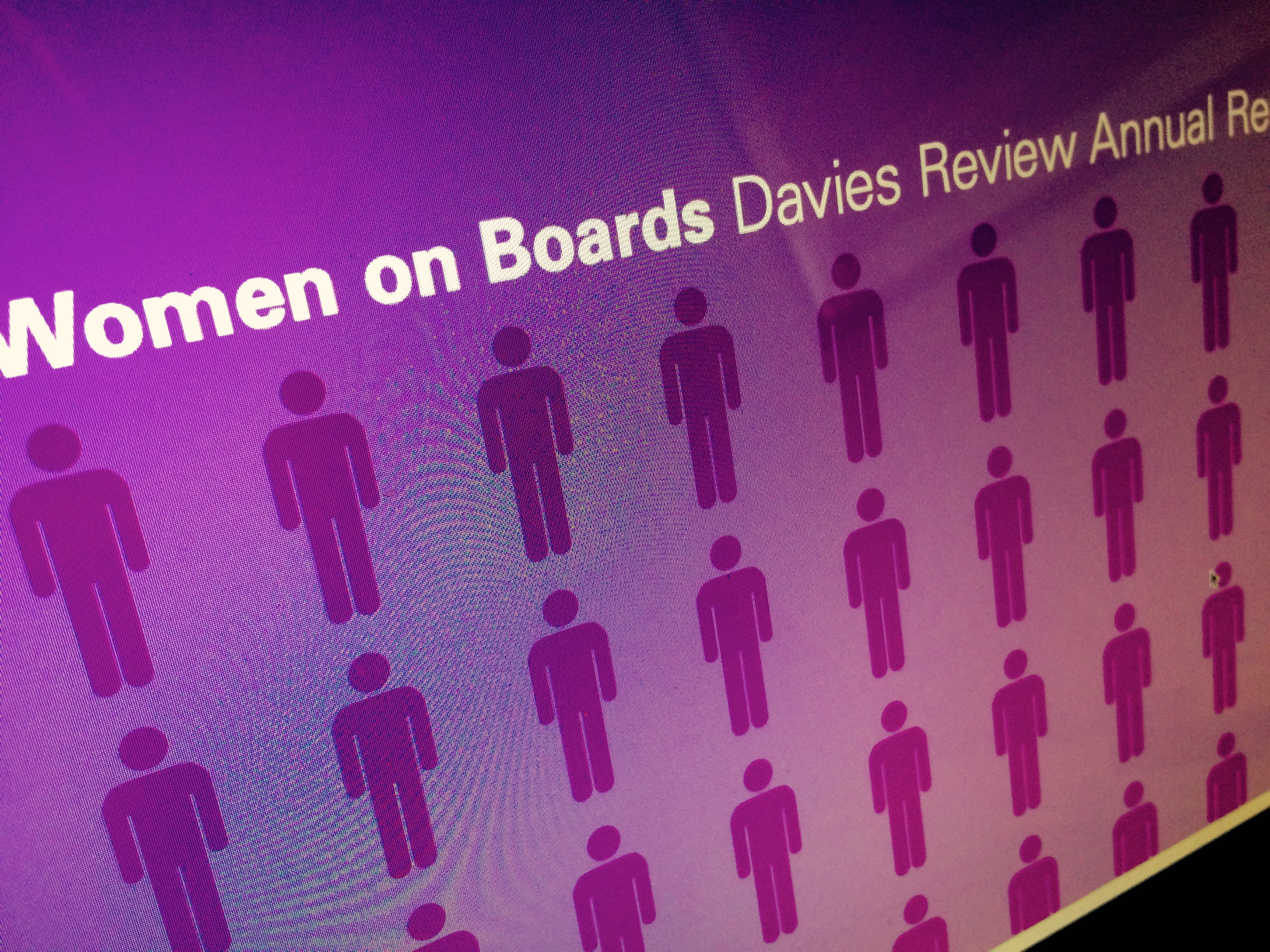 This summer the target set by the Davies Review of reaching 25% of women on FTSE 100 non-executive boards was achieved—more than doubling the percentage in just four years.
This summer the target set by the Davies Review of reaching 25% of women on FTSE 100 non-executive boards was achieved—more than doubling the percentage in just four years.
The combined focus of politicians, chairmen, pressure groups and executive search firms on the issue of gender diversity at the most senior levels of business has had a significant impact in increasing the number of women achieving non-executive directorships in the nation’s biggest public companies.
To achieve this substantial shift, a large number of non-executive positions have necessarily been given to first-time appointees, as boards seek out “new blood” in a bid to improve their diversity. Korn Ferry’s Class of 2014 report revealed that over half of non-executive appointments to the FTSE 350 were first-time appointments last year. Thirty-nine per cent of these first-time appointees were women, up from just 11% in 2007.
To many, having a plural career that includes some non-executive positions holds great appeal, in terms of the variety of experience offered, greater flexibility, and the opportunity to develop skills and profile—all while potentially enjoying a better work-life balance.
And yet, while Davies has to some extent made it easier for women to break through the glass ceiling and onto boards as non-executives, the catch-22 situation of not being able to get the job without experience, and not being able to get the experience without the job, creates the same challenges for those wanting to move into their first role as it does for those planning a move into any other new position.
So how can women increase their chances of getting their first non-executive directorship?
Network broadly
Board turnover is still relatively low, so candidates seeking a board seat shouldn’t just sit and wait for the phone to ring. Our assessment data tells us that women achieve better average scores than men in many skills and characteristics; the areas in which they often fall down include confidence and networking ability.
Executive search firms are an important channel and you should proactively build relationships with the headhunting fraternity and let them know you are looking for a non-executive position.
Many non-executives also get their positions through more informal means, so putting the word out through your professional networks that you are looking to join a board is also important. Do everything you can to extend your network and take every chance you can to associate with board members inside and outside your company.
Find a sponsor
If you have a good relationship with your current CEO and board members, ask them to help you. They may find that the broader experience you will get in a NED position elsewhere will have consequential benefits in terms of what you can offer at your existing company.
Ask your current CEO or other board members if they could recommend you or be referees. If you don’t feel you have a good enough relationship with them to ask this, make it a point to build those relationships by creating opportunities to present at board meetings or sitting on committees that will have access to the board.
Identify where your particular skills are needed…
In selecting the right board, make sure that you are clear as to where and how you will add value. Identify your particular skills and which companies might need those skills the most.
If you have digital expertise, look for roles in companies looking to go through a process of digital transformation. If you have an HR or finance background you may be of more interest to an organisation facing large-scale relocations, restructuring and job cuts.
…But don’t be too picky about your first board
One board position will lead to another, and you are very unlikely to get your perfect NED position the first time around. For your first position, you might even consider securing an unpaid NED role in the public, not-for-profit or charity sectors, or finding a position on the board of a smaller company where you can find your wings and be exposed to a wide variety of challenges relatively quickly.
However, you should still seek a position that is aligned to your skills and capabilities so you can make early contributions, and create measurable progress that can help you move up to the organisation you’re ultimately aiming for.
Be clear about your motivations for the role
The time commitment may appear manageable but you might have to give substantially more time than planned. As one respondent to Korn Ferry’s Class of 2014 survey said: “My experience of two NED positions demonstrates that there can be no half measures if you are to make a full and valued contribution.”
Richard Emerton is managing partner, board & CEO services, EMEA, Korn Ferry.





